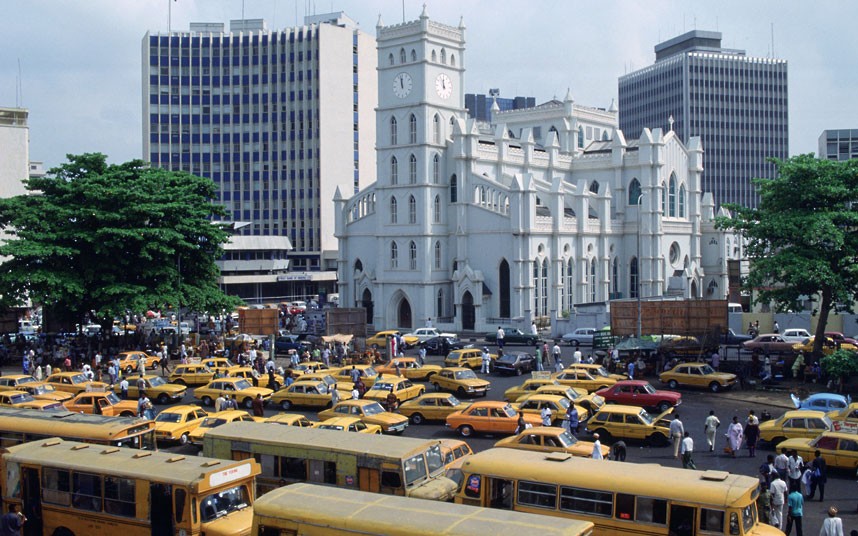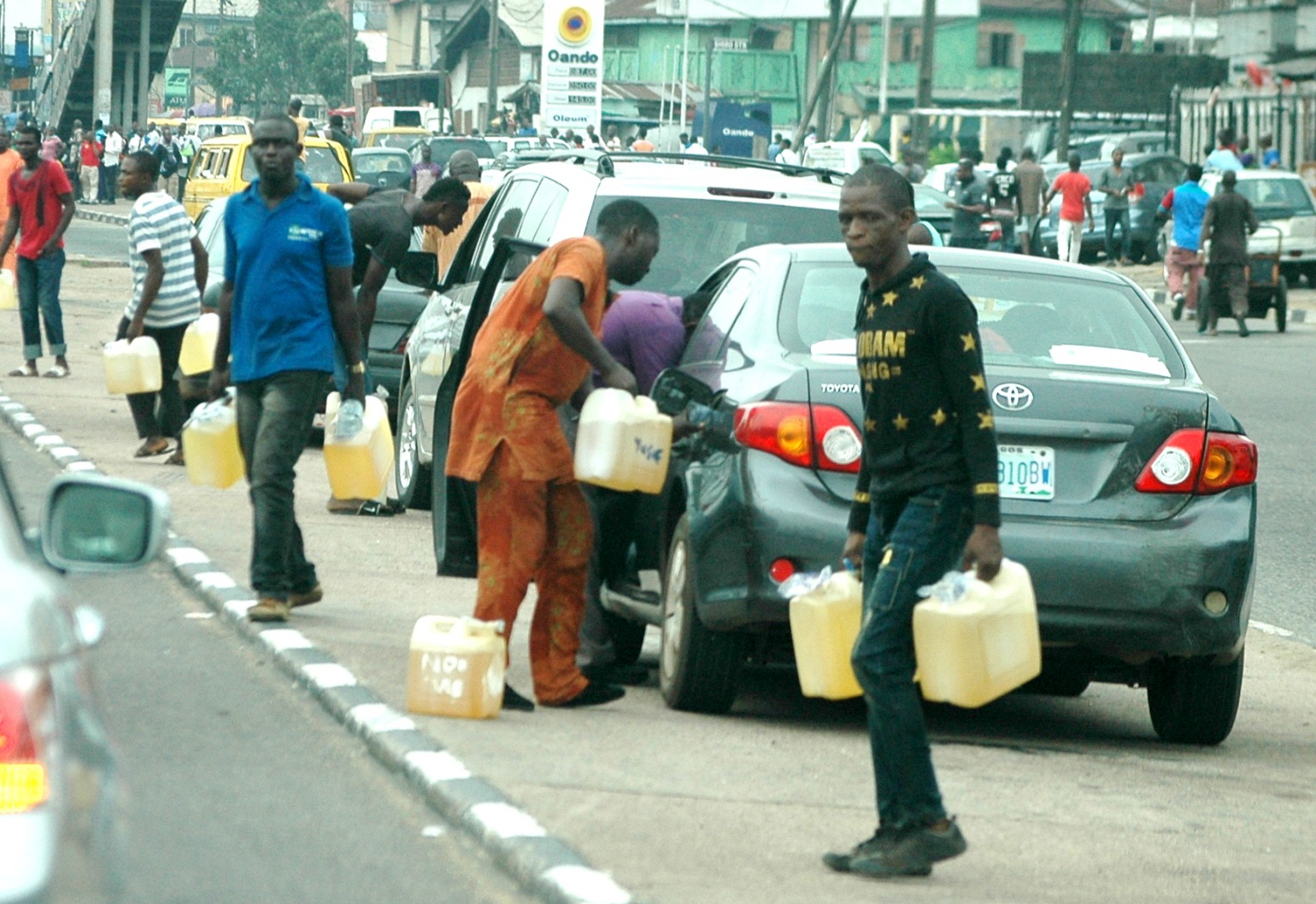The election-induced economic slowdown has created fresh difficulties for both producers and consumers alike, which are presently undermining the corporate earnings environment in 2015. The multiplier effects of low income and consumption capacity can be expected to hurt sales revenues of companies across various sectors and industries.
The ability to consume what our industries and businesses are rolling out has dropped and this has serious implications for corporate earnings performance this year. On the production side, the depreciation of the naira has altered the cost-income relationships of businesses generally and this has serious implications on the bottom line. The operating difficulties are confirmed by a sharp drop in GDP growth rate amid rising inflation.
Most companies are not finding it easy to pass on increased costs to consumers and this can be expected to affect profit margins and therefore the ability of companies to improve profit performance in 2015. Companies having foreign currency denominated obligations will be harder hit, as they may suddenly find themselves to be unviable. companies heavily dependent on imported raw materials can easily run into losses due to sudden cost increases they cannot pass on to consumers.
With the about 25% depreciation of the naira and the prevailing high interest rates, Nigeria has one of the most difficult corporate earnings environments in the world in 2015. While policymakers are looking at macroeconomic numbers, there is a grassroots deterioration of consumer capacity, which is the critical factor for corporate earnings growth.
Advertisement
In the environment of cash and credit squeeze, companies have built up monuments of supplier credit that is equally hurting their capacity to grow sales volume. On the other hand, they also need to apply increased consumer credit inducements to defend market share and improve sales revenue. The operating conditions cast a general picture of poor corporate performance in terms of ability to grow turnover and the wealth of shareholders this financial year.
The truth is that the underlying corporate purpose of growing wealth for shareholders has come under further threat this year and this cuts across sectors and industries. There is pressure on both sides of converting assets into revenue (asset turnover) and in converting revenue into profit (profit margin).
Revenue capacity is undermined by low consumer spending and profit capacity is undermined by cost increases. Finance charges are leading the cost increases this year and banks too are feeling the pain by way of rising interest expenses and declining net interest income.
Advertisement
The operating environment lacks reasonable growth stimulants for companies and industries this year. The hopes for any profit improvements are on industry leaders and major players with dominant product names. Companies with substantial dependence on local raw materials are equally promising on earnings prospects this year. Such companies may be found in the agricultural and building material sectors. The general cost-income trends to expect in 2015 are declining sales revenue or flat growth, rising operating cost and declining profit.
Companies will no doubt be affected at different degrees and some companies can be expected to move against the trend and such companies are the first choice destinations for investors in 2015. Watch out for companies able to grow sales revenue because they are most likely gaining market share at the expense of competitors. Equity investors will do well to look for industries and companies with good profit margins and those still able to cut cost or prevent costs from growing with revenue.
Companies that have huge balance sheet debts and those likely to raise their debt profile are expected to suffer loss of profit capacity due to high interest burden. Companies that deal in products with low price appeal may be able to improve earnings performance by capturing consumers resisting price increases elsewhere.
The difficult operating environment is the outcome of a major scale down of economic activities that preceded the general elections. This happened through a gradual process that began in 2014. While pre-election slowdown is a usual occurrence in Nigeria due to high prospects for electoral violence, the slowdown experienced in respect of 2015 election was more than usual due to failed predictions of Nigeria’s disintegration.
Advertisement
Both foreign and local investors took bearish decisions on the economy that were expressed through the financial markets. The economy in the post election period is equivalent to a bank that has just managed to survive a run. This calls for critical actions to be taken in two fronts – dealing with the effect of the business slowdown and – activating the forces of a new growth.
Add a comment







